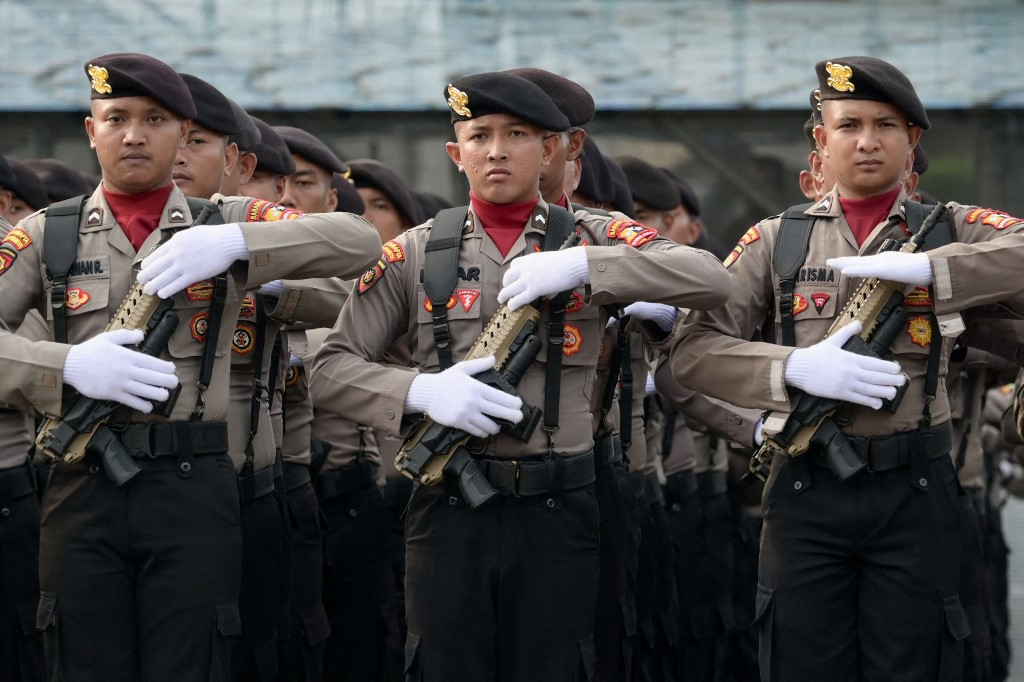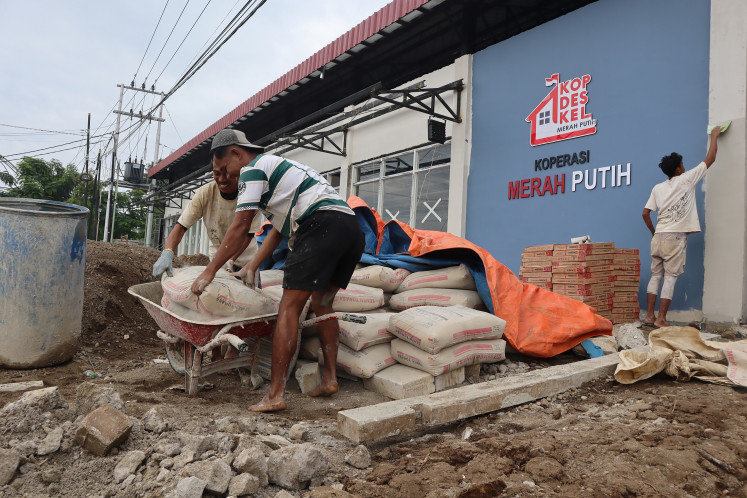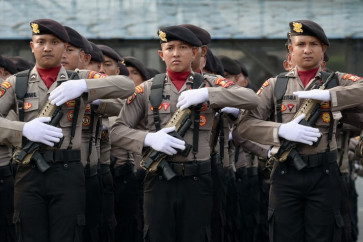Popular Reads
Top Results
Can't find what you're looking for?
View all search resultsPopular Reads
Top Results
Can't find what you're looking for?
View all search resultsThe police bill and democratic policing: Solution or binding the wound?
It is important to recognize that the revision of the law, which promises structural reforms, necessitates robust regulations to enhance police professionalism and ensure their transparency and accountability.
Change text size
Gift Premium Articles
to Anyone
S
everal events occurring in rapid succession have led to questions about whether the National Police’s professionalism is truly reflected in the new police bill that will soon be deliberated by the House of Representatives.
First, the pretrial ruling by the Bandung District Court stated that the police’s naming of Pegi Setiawan a suspect and his detention in a murder case that went viral did not meet the formal requirements, rendering it invalid. This indicates the police’s lack of due process in handling of the case.
Second, the death of teenager Afif Maulana in Padang, West Sumatra, which was associated with alleged unprofessional conduct on the part of the police in handling student brawls, represents a worrying pattern of obscuring facts in the current post-truth era.
Third is the involvement of the police’s Special Detachment 88 counterterrorism squad in alleged surveillance of the deputy attorney general for special crimes, who was leading an investigation into high-profile corruption cases. This indicates the need to remind the police that the force is accountable to the public, not to a select few.
Based on the state's academic paper on the police bill, which was distributed by the House of Representatives in May, there are five main reasons behind the design of the bill. The first is to expand the powers of the police to deal with cybercrime. Second is the regulation of crime resolution through non-judicial channels based on restorative justice. The third is the expansion of the police's intelligence powers. The fourth is social security for police personnel, and the fifth is adjusting the retirement age of police officers.
Of the five basic changes proposed, the most controversial element is the expansion of the police’s jurisdiction and authority. The question is whether the plan is driven by the urgent need to strengthen the professionalism of the police, or whether it is part of an attempt to bind the wounds inflicted by the recent deterioration of their image.
The prevailing model for police regulation globally is the democratic policing approach, which emphasizes the role of civilians in law enforcement. The civilian police force is held to meet three key standards: responsiveness, openness, and accountability.



















